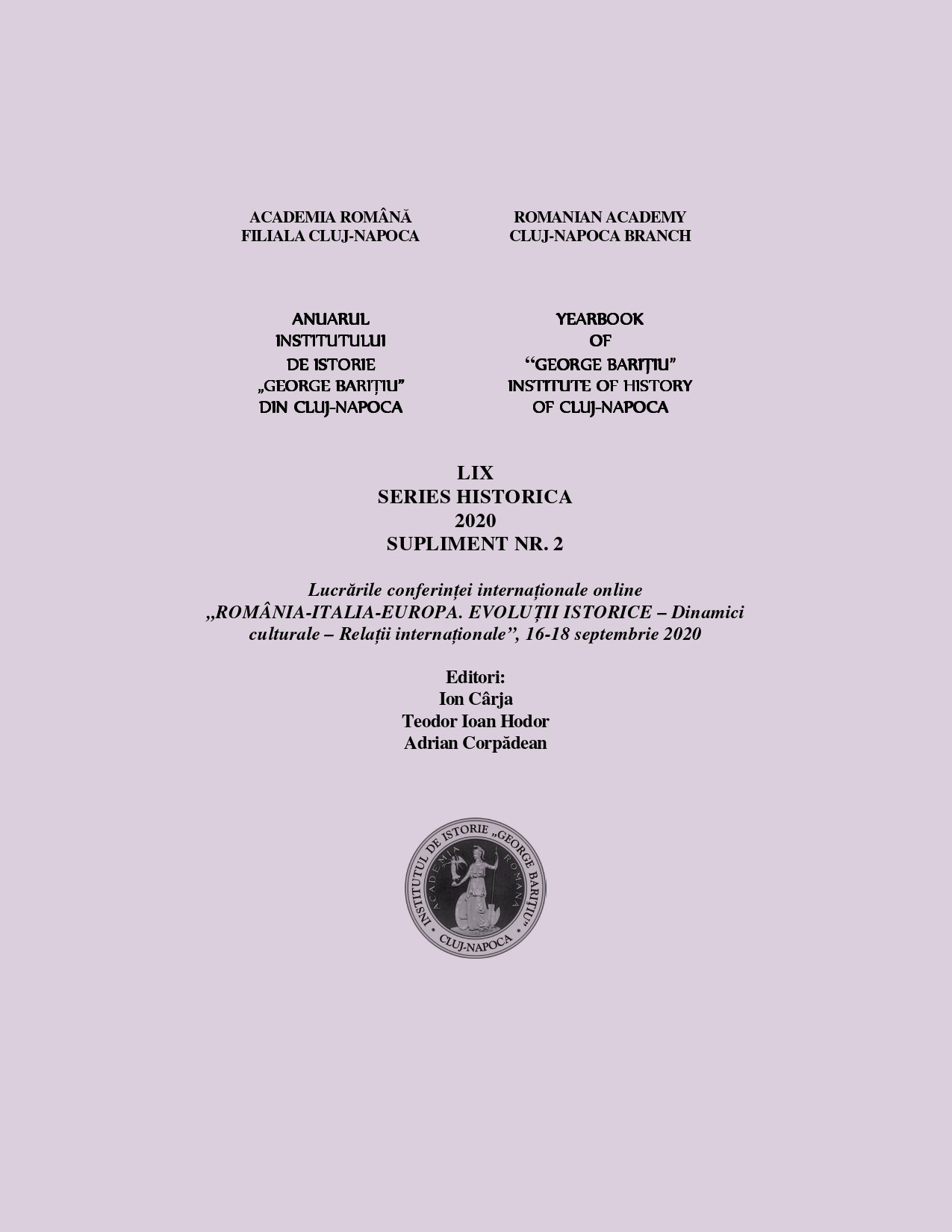Magie-vrăjitorie: trecut și prezent
The magic-sorcery in the past and present
Author(s): Alina Lakatos-IancuSubject(s): Customs / Folklore, Ethnic Minorities Studies
Published by: Editura Academiei Române
Keywords: magic; decant; spell; soothsayer; curse;
Summary/Abstract: We live in a society in which magic and witchcraft are most likely viewed as contradictory. Acceptance, non-acceptance, indifference, fear, way of life, tradition or the clock. It is interesting that although the temptation not to accept witchcraft predominates, it is found that the best Hollywoodian screenplays are usually outlined in the sphere of magic, witchcraft, special effects of the unseen and the unseen, screenings widely appreciated by both adults and of children. Movies such as the series of the wizard and adventurer Harry Potter, The Wizard of Oz, The Lord of the Rings, The Classic Movie Samantha are just some of the soundtracks of cinema, successful films appreciated and watched even today. Studying the occult has always been a challenge, because no witchcraft practitioner reveals his secrets. Moreover, the specialized literature approaches this topic superficially, being conditioned by the difficulty of communicating with the practitioners of the occult, especially in the situation when they are of Roma ethnicity. From my own experience and research at the level of the Roma community, I concluded that there is a certain fear of people in general towards clairvoyants, fortune tellers, wizards, especially the fear of not being cursed. From the first attestation at European level in 1100, the Roma were called riddles and magicians, known for centuries in Greece as atsiganos. Deepening this theme requires a systematic approach that displays magic-witchcraft from several perspectives and the way it was perceived, accepted, punished, validated or promoted from both religious and mythological vision but also present. The factual situation is controversial, this being generated by the way in which man perceives from his own perspective magic and witchcraft. Often, the members of the Romanian society attribute the witchcraft to the Roma ethnic groups, even going so far as to look at this practice as a profession inherited by the Roma, known only by them and no one else would practice it. In order to relate to this hypothesis, the study will also illustrate how the Roma people in terms of their origin, practices or way of life relate to occult practices.
Journal: Anuarul Institutului de Istorie »George Bariţiu« - Series HISTORICA - Supliment
- Issue Year: LIX/2020
- Issue No: LIX, 2
- Page Range: 709-720
- Page Count: 12
- Language: Romanian

